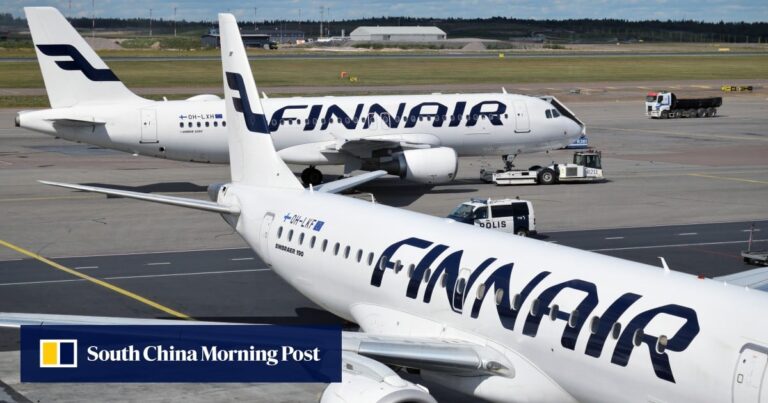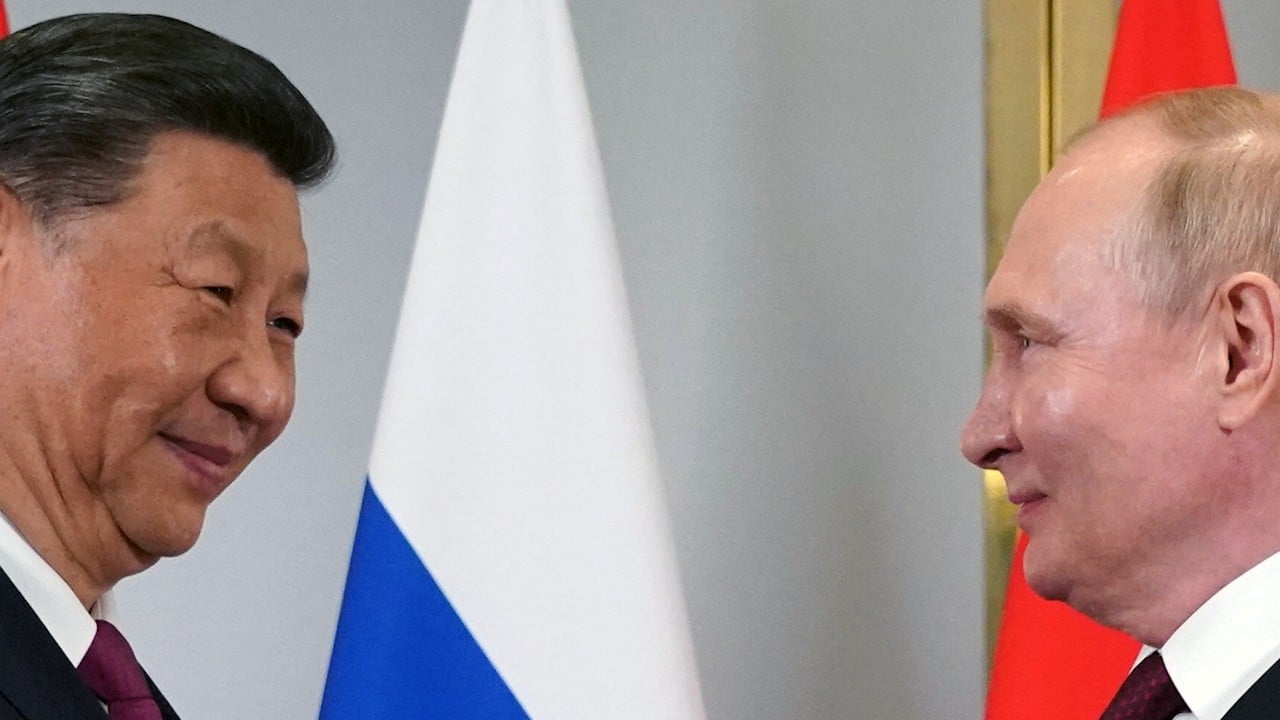Consul General Timo Kantola told the Post that before the war, Finland held a unique position among European countries because it was possible to fly across Russia to China in nine hours on certain routes. Flights from China to other parts of Northern Europe often took longer or required transfers, making Finland the obvious choice for tourist and business travel.
“The closure of Russian airspace was a big change for Finnair and the airline has clearly had to adapt to it,” he said.
The central Chinese city of Zhengzhou and Helsinki launched four weekly direct flights in 2020, but the old route between Helsinki and Shanghai has lost 9% of scheduled traffic since 2019. Routes from Helsinki to six other Chinese cities have been suspended, according to data from consultancy Cirium.
“Helsinki’s advantage, with its geographic location and quick route through Russian airspace, used to attract a large volume of travellers from Northern Europe,” said John Grant, a senior analyst at British aviation data firm OAG. Finnair, he said, “saw a significant drop in demand” as a result, with longer flight times and higher airfares.
Meanwhile, the number of Chinese tourists visiting Finland has fallen from a peak of more than 40,000 per month in the second half of 2019 to a monthly peak of about 12,000 last year, according to the Bank of Finland’s Institute for Emerging Economies.
Kantola added that the suspension of Finland’s rail services to and from Russia “effectively cut off the rail connection from China to Finland.” He said rail freight traffic was “growing rapidly” in the years before the Ukraine war.
Trains from Finland previously traveled across Finland’s 1,340-kilometer (832-mile) border with Russia to St. Petersburg, from where passengers could travel on to China.
“Finland opposes Russia’s actions in Ukraine, which is in line with the EU’s common position, and has therefore taken the decision to avoid Russian airspace and ban tourism from Russia,” Kantola said.
In another move that could influence China, Kantola said Finland and Estonia this year shelved plans for a 80-kilometer rail tunnel from the Estonian capital, Tallinn, to Helsinki.
“For a variety of reasons, I don’t think this project will go ahead,” Kantola said. “From the beginning, there was hesitation about the idea in Finland due to the expected high construction costs and low return on investment.”
In terms of overseas investment, Kantola said Chinese companies have expressed interest in two lithium EV battery production plants in Finland.
China-based CNGR Advanced Metals is backing the project, which would operate off the Gulf of Finland. The proposal has raised concerns in the country about water pollution, but those concerns are not directed at China, he said, adding that Finnish officials and people are “positive” about Chinese participation in the two plants.


